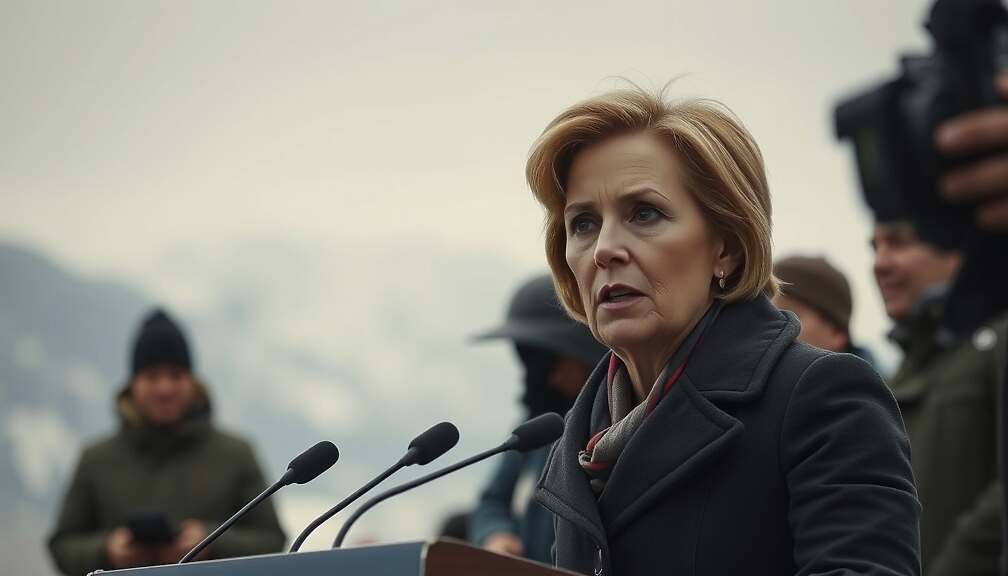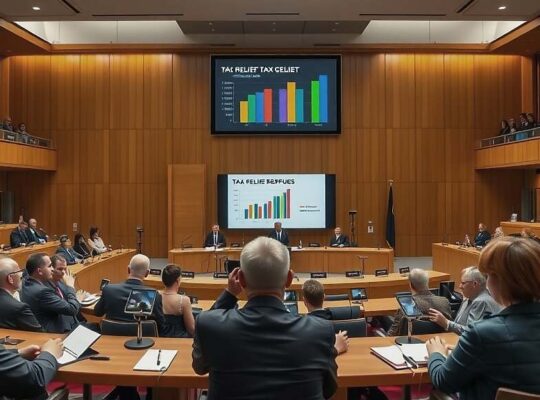As a meeting between US President Donald Trump and Russian President Vladimir Putin approaches in Alaska, German political figures have voiced strong opinions concerning the ongoing conflict in Ukraine and the approach to negotiations with Russia. Marie-Agnes Strack-Zimmermann, a prominent member of the Free Democratic Party (FDP), cautioned against a policy of concession towards Russia, drawing parallels to the pre-World War II era. She specifically referenced the appeasement policies of former British Prime Minister Neville Chamberlain towards Nazi Germany, arguing that Europe needs a leader who embodies the resolute stance of Winston Churchill, not the concessions of Chamberlain.
Strack-Zimmermann emphasized the danger of allowing the conflict in Ukraine to become “frozen” stating such a situation would not constitute peace but rather a de facto acceptance of Russian territorial gains, potentially signaling to aggressors worldwide that prolonged warfare can achieve desired outcomes. She pointed to the 1938 Munich Agreement, where Czechoslovakia was forced to cede the Sudetenland to Germany, as a cautionary example.
Jürgen Hardt, foreign policy spokesperson for the CDU/CSU parliamentary group, affirmed that any potential negotiations must not occur at the expense of Ukraine’s sovereignty and that discussions regarding European security must include European actors. He stressed that comprehensive peace negotiations should not serve as a cover for continued Russian aggression and underscored the urgent need to end the bloodshed.
Anton Hofreiter, Chairman of the German Parliament’s Foreign Affairs Committee (Green Party), called for increased humanitarian, financial and military support for Ukraine, regardless of the outcome of the Alaska meeting. He argued that it is in Germany’s own security interest to prevent a Ukrainian defeat and advocated for NATO to establish a clear and binding pathway to membership for Ukraine.












